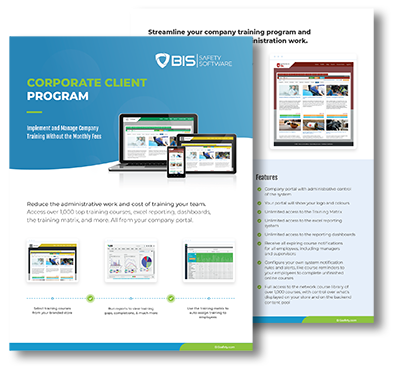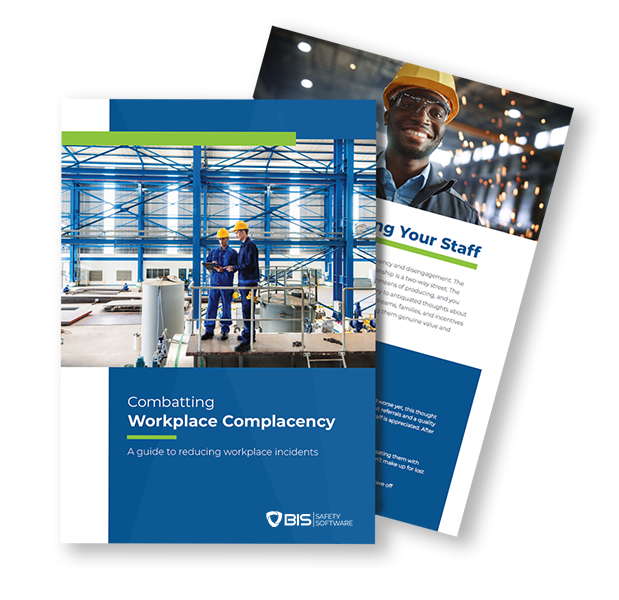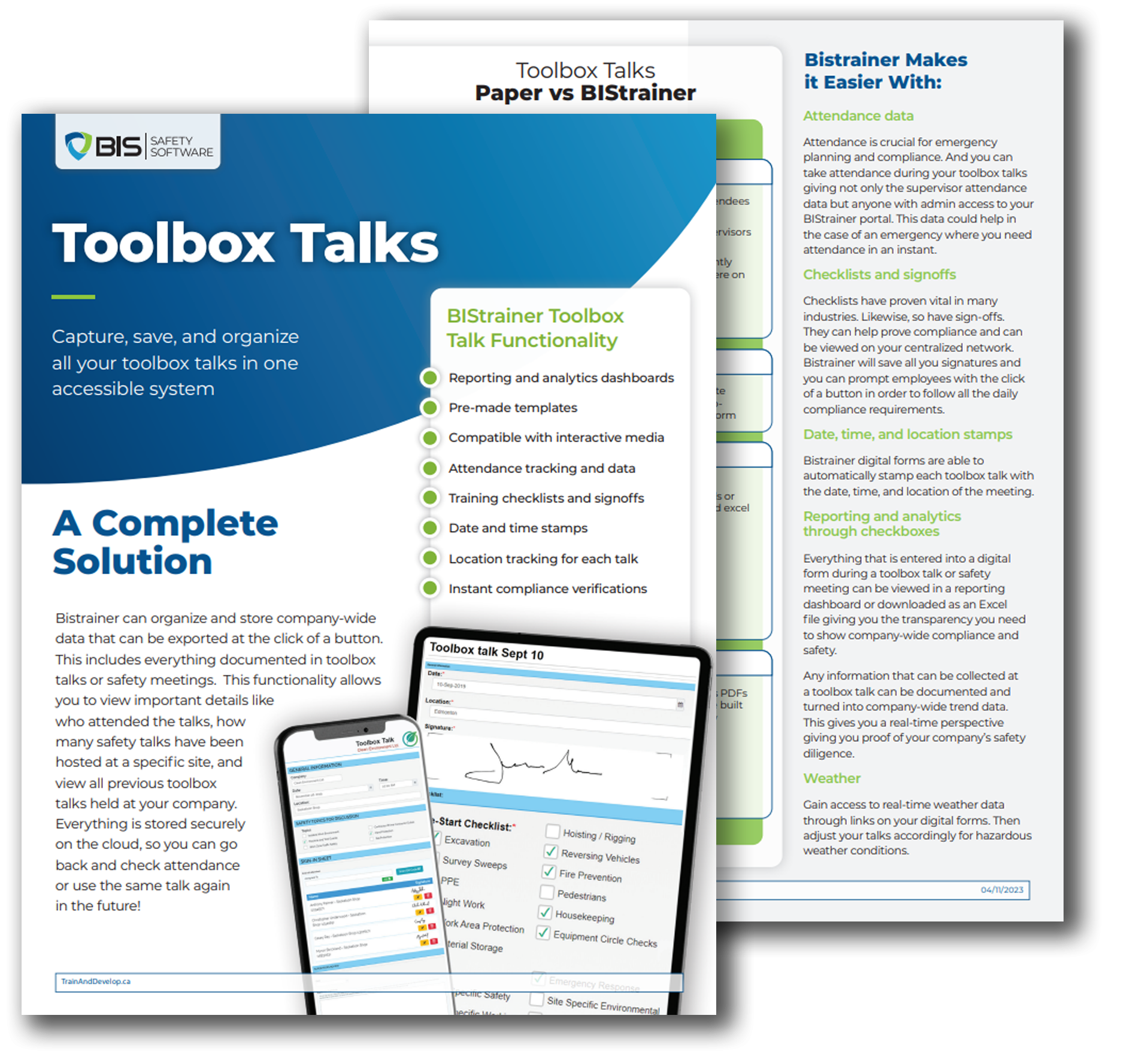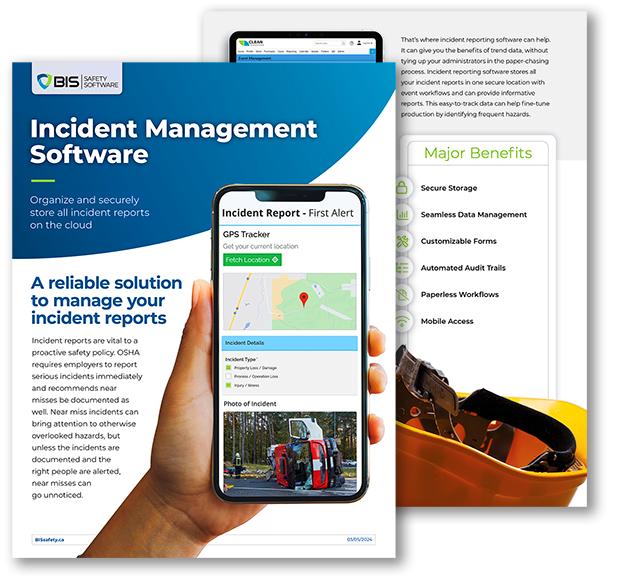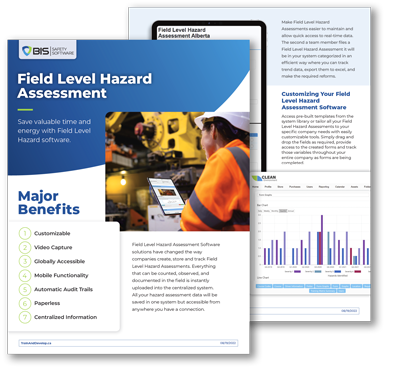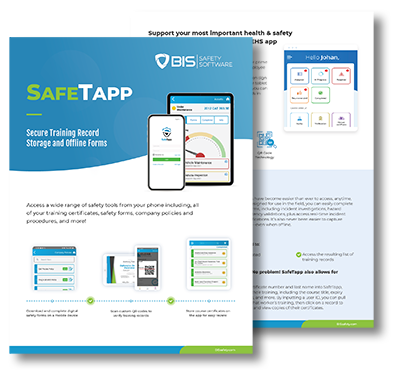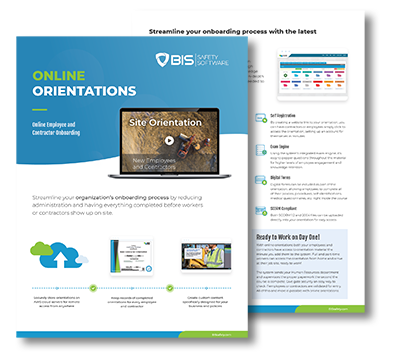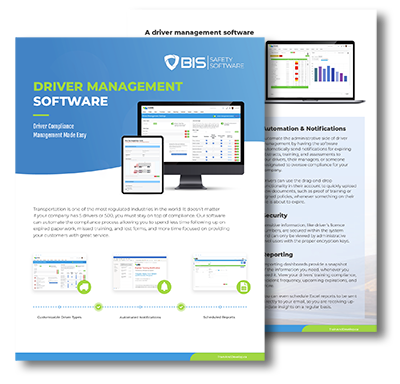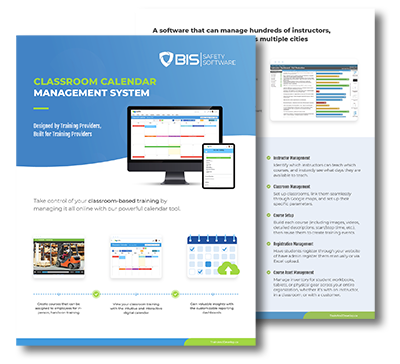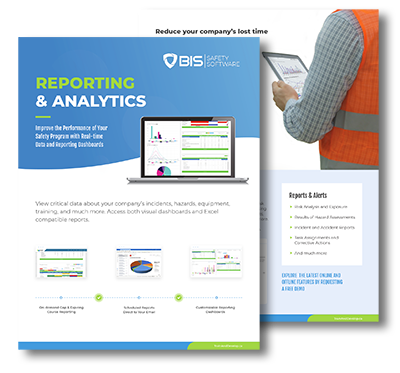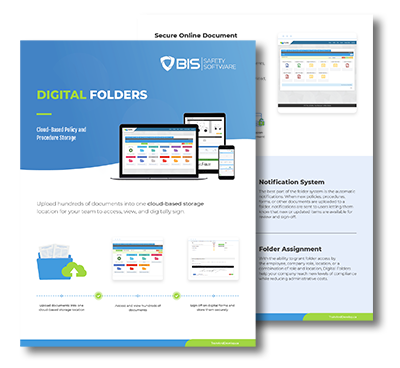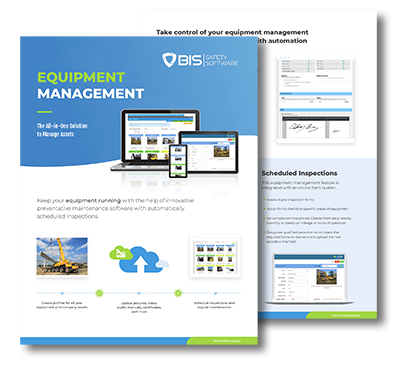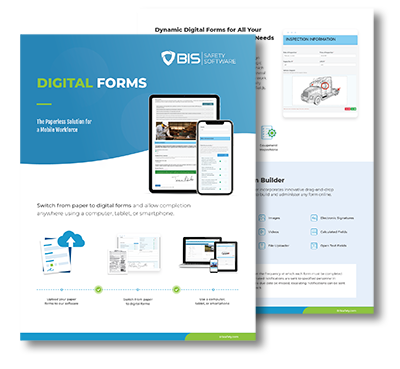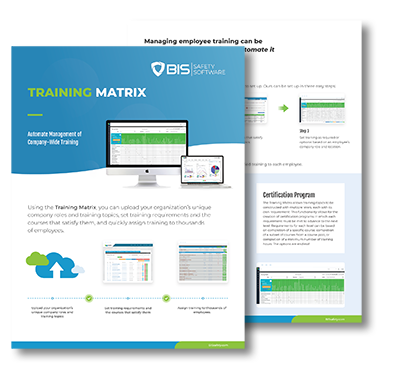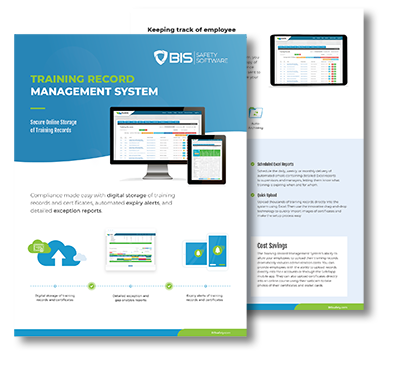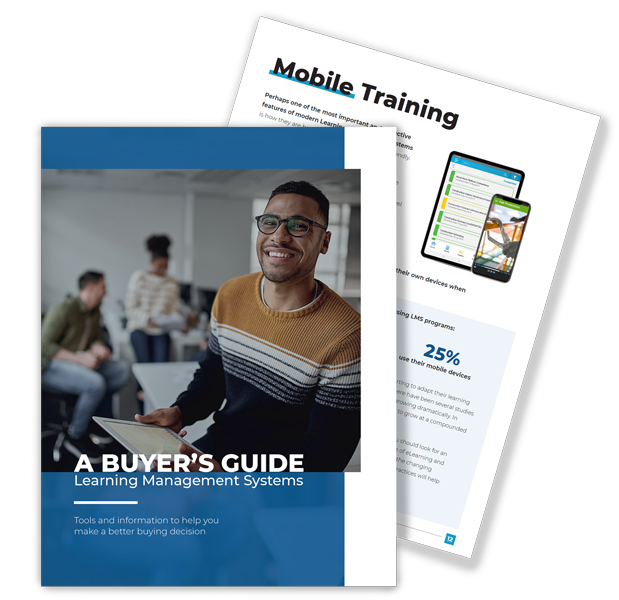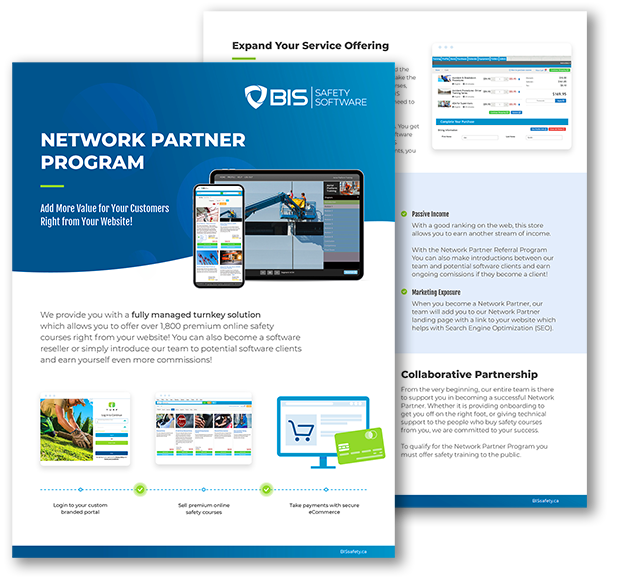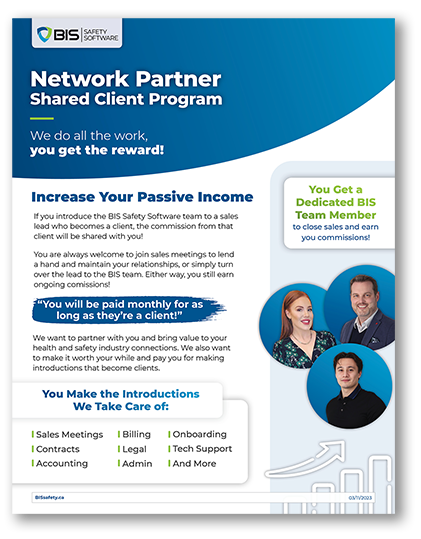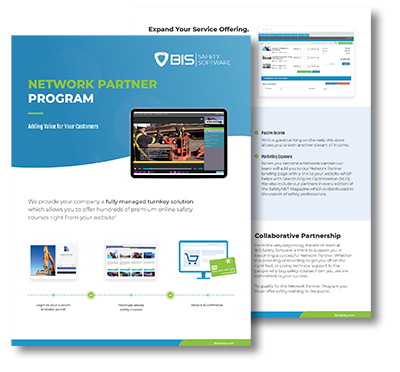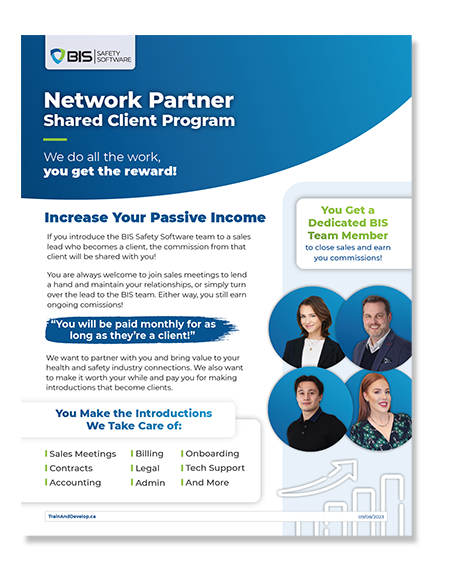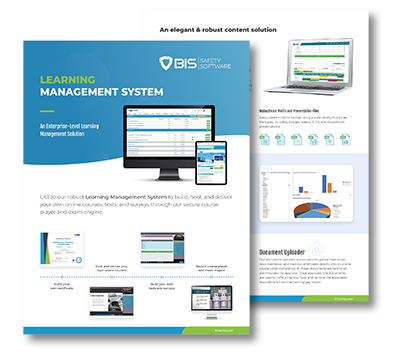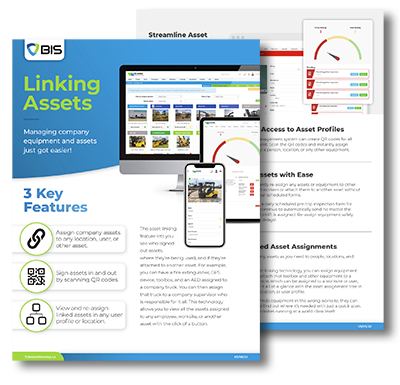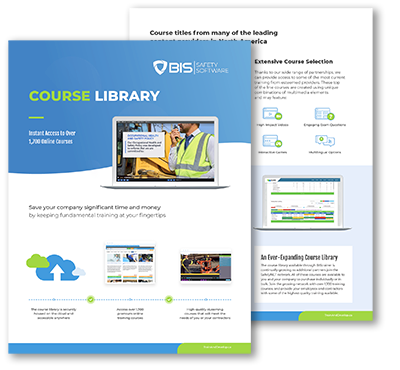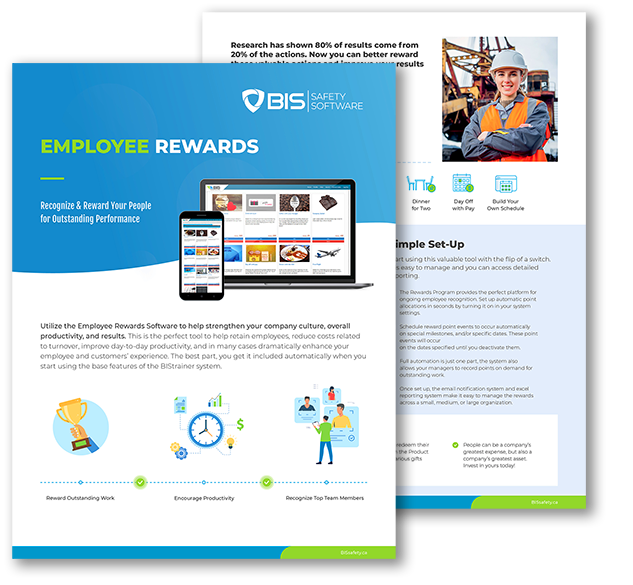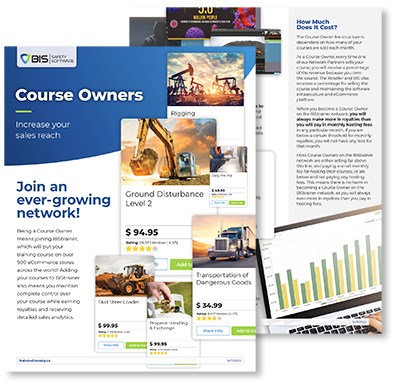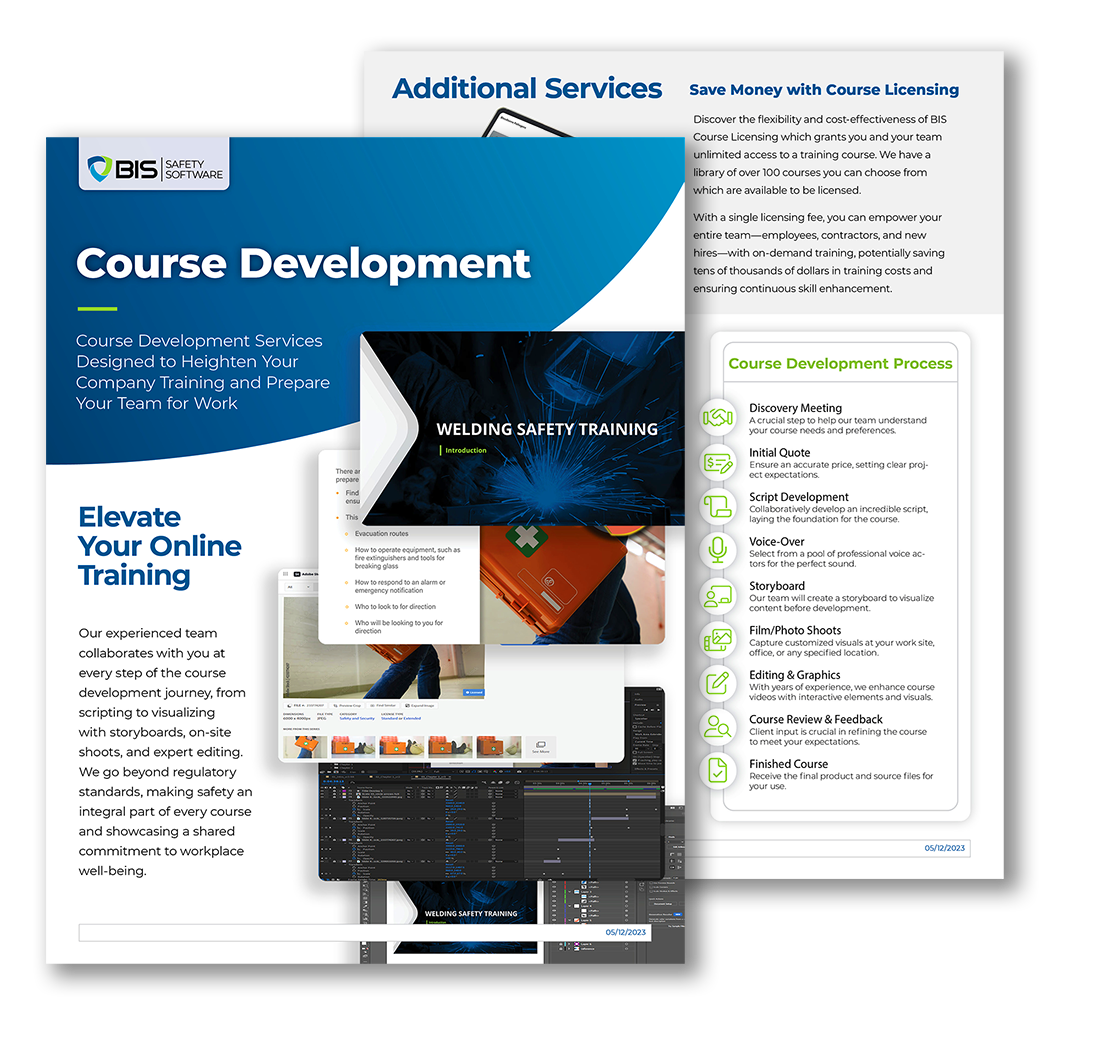Revolutions in Safety

Home Revolutions in Safety How Dr. Johanna Pagonis is “Womaning Up” Lorem ipsum dolor sit amet, consectetur adipiscing elit. Ut elit tellus, luctus nec ullamcorper mattis, pulvinar dapibus leo. March 5, 2025 By Luke Hillenbrand Dr. Pagonis Puts People and Psychology at the Center. ————————————————————————— “You can have the best systems and equipment. But, if people aren’t empowered to speak up, you’ll always fall short.” Dr. Johanna Pagonis ————————————————————————— That’s the philosophy guiding Dr. Johanna Pagonis, founder of Sinogap Solutions. Dr. Pagonis, an expert in leadership and psychological safety, has redefined how organizations view safety. Her approach is simple but profound; safety starts with people. Their voices, their courage, and their ability to lead from the heart. Falling Into Safety: A Career Reimagined When Dr. Pagonis launched Sinogap Solutions, her focus wasn’t on safety. But a conversation with a former colleague, Christopher Spasoff, changed her perspective. “Christopher is an occupational health and safety lawyer. He told me, ‘What you’re teaching—emotional intelligence, leading with the heart—this is what the safety industry needs,’” Dr. Pagonis recalls. That idea stuck with her. Dr. Pagonis’ early work focused on mental and psychological health, not physical safety. “I can’t tell you how to design an organization for physical safety,” she admits. “But I can tell you how to empower people to use the tools and systems you’ve already put in place.” For Dr. Pagonis, this is the core of the problem. “Checklists and high-tech gear won’t help. If people don’t feel safe challenging the status quo or proposing new ideas, you won’t achieve your safety goals,” she says. Her mission was clear: teach groups to create safe, innovative, and collaborative environments. Her leap into safety wasn’t just about identifying gaps; it was about bridging them. As she consulted with organizations, she found that psychological safety wasn’t a fringe concept. It was a foundation. “It’s not something you tack on,” she says. “It’s woven into every conversation, every decision.” Psychological Safety as the Foundation Dr. Pagonis’ work centers on psychological safety. The idea that people should feel safe to take risks without fear of punishment is a spearhead. “Organizations often focus on the tangible aspects of safety,” Dr. Pagonis explains. “But psychological safety is just as important. Without it, even the best tools and processes will fail.” Dr. Pagonis trains leaders, through Sinogap Solutions, to create safe spaces. Employees should be able to voice concerns and suggest solutions without fearing retaliation. She emphasizes that this isn’t about creating a “bubble-wrapped” workplace. ————————————————————————— “Psychological safety isn’t about avoiding hard conversations. It’s about having the courage to speak up and challenge the system when it’s needed.” Dr. Johanna Pagonis ————————————————————————— Her training programs teach leaders to be vulnerable, build trust, and listen with empathy. “If leaders don’t set the tone, no one else will,” Dr. Pagonis says. “Brené Brown says it best: what a leader does gives permission for others to do the same.” One of her favorite teaching tools is role-playing difficult conversations. “People often freeze when they’re in the moment,” she explains. “Practicing scenarios teaches them to face challenges without shutting down or escalating.” Dr. Pagonis also emphasizes the importance of consistency. “You can’t build trust with one grand gesture,” she says. “It’s the small, daily actions that matter most.” Key Takeaways Lorem Ipsum is simply dummy text of the printing and typesetting industry. Lorem Ipsum has been the industry’s standard dummy text ever since the 1500s, when an unknown printer took a galley of type and scrambled it to make a type specimen book. It has survived not only five centuries, but also Lorem Ipsum is simply dummy text of the printing and typesetting industry. Lorem Ipsum has been the industry’s standard dummy text ever since the 1500s, when an unknown printer took a galley of type and scrambled it to make a type specimen book. It has survived not only five centuries, but also Lorem Ipsum is simply dummy text of the printing and typesetting industry. Lorem Ipsum has been the industry’s standard dummy text ever since the 1500s, when an unknown printer took a galley of type and scrambled it to make a type specimen book. It has survived not only five centuries, but also Lorem Ipsum is simply dummy text of the printing and typesetting industry. Lorem Ipsum has been the industry’s standard dummy text ever since the 1500s, when an unknown printer took a galley of type and scrambled it to make a type specimen book. It has survived not only five centuries, but also Breaking Barriers in Male-Dominated Industries Dr. Pagonis’ work often intersects with male-dominated fields like law enforcement, construction, and transportation. Her course, “Women Up: Ignite the Leader in You,” addresses the unique challenges women face in these environments. “When I started my career, I spent years in male-dominated spaces,” Dr. Pagonis shares. “As a female civilian in law enforcement, I had to earn credibility in ways my male counterparts didn’t.” Those experiences inspired her to create programs that equip women with the skills and confidence to lead. The Women Up course is on its seventh cohort. The program focuses on building confidence, fostering executive presence, and navigating difficult conversations. “One of the biggest challenges women face is confidence,” Dr. Pagonis says. “Whether it’s speaking up in meetings or advocating for themselves, the gap often isn’t in skills but in belief.” One success story stands out. A participant in the inaugural cohort was a senior executive. She was acting in a temporary role while competing for a permanent promotion. The decision-makers passed her over, claiming she was “stressed” and needed “protection.” Dr. Pagonis calls this a classic case of benevolent sexism. “Her male peers were never told they weren’t promoted because someone needed to protect them,” she notes. They denied her opportunities despite her clear qualifications. The program taught the executive to frame her concerns. It also helped her control her emotions in high-stakes talks. “She went back to her boss, asked him to advocate for her,
Crashing the Safety Party

Home Crashing the Safety Party How Allan Moore Disrupts the Status Quo Lorem ipsum dolor sit amet, consectetur adipiscing elit. Ut elit tellus, luctus nec ullamcorper mattis, pulvinar dapibus leo. March 5, 2025 By Luke Hillenbrand “Nobody ever intended to hurt themselves.” Allan Moore’s words don’t leave much room for ambiguity. A safety veteran, speaker, and author, he has spent decades using hard truths to create change. From oil rigs to boardrooms, Moore has built a career not on telling people what to do, but on showing them why it matters. His story proves that leadership is about connection, not authority. This is an industry that’s equal parts risk, reinvention, and resilience. From the Ground to the Helm Moore didn’t set out to become a safety expert. In fact, his career began in Taiwan as a Mandarin interpreter. One day, the global HSE manager decided she was done with international flights and made Moore the health and safety lead. “I told her I had no experience,” Moore says. “She said, ‘You’re the only one who knows how to say the safety words in two languages.’” What started as an improvised appointment became the foundation for Moore’s career. He threw himself into the role, overseeing plants in Taiwan and Shanghai before returning to Canada. Back home, he managed safety plans for major players like Enbridge, Imperial Oil, and Suncor. ————————————————————————— “I’d spend weeks in the field coaching, auditing, and building safety cultures from the ground up.” Allan Moore ————————————————————————— Moore climbed the corporate ladder, eventually becoming a regional manager for Western Canada. But the role lacked the hands-on connection he craved. “I missed being out there,” he admits. So, he pivoted back to field-based work and never looked back. His time abroad shaped how he approached safety in Canada. In Taiwan and Shanghai, he learned that culture plays a significant role in compliance. “You have to adapt,” he explains. “In Taiwan, hierarchy matters. You can’t just tell people to change without respecting their structure.” This adaptability became his trademark—a skill he brought into every boardroom and field office he entered. Key Takeaways Lorem Ipsum is simply dummy text of the printing and typesetting industry. Lorem Ipsum has been the industry’s standard dummy text ever since the 1500s, when an unknown printer took a galley of type and scrambled it to make a type specimen book. It has survived not only five centuries, but also Lorem Ipsum is simply dummy text of the printing and typesetting industry. Lorem Ipsum has been the industry’s standard dummy text ever since the 1500s, when an unknown printer took a galley of type and scrambled it to make a type specimen book. It has survived not only five centuries, but also Lorem Ipsum is simply dummy text of the printing and typesetting industry. Lorem Ipsum has been the industry’s standard dummy text ever since the 1500s, when an unknown printer took a galley of type and scrambled it to make a type specimen book. It has survived not only five centuries, but also Lorem Ipsum is simply dummy text of the printing and typesetting industry. Lorem Ipsum has been the industry’s standard dummy text ever since the 1500s, when an unknown printer took a galley of type and scrambled it to make a type specimen book. It has survived not only five centuries, but also Disrupting Safety Norms Moore’s passion for safety comes from years of seeing what doesn’t work. As a worker, he remembers how the “safety guy” was often met with disdain. “We hated the safety guy,” Moore recalls. “They were condescending. They came in, wagged their fingers, and left us with a lecture. Nobody wanted to deal with that.” When he moved to safety, Moore knew he had to change. He had to disrupt the finger-wagging stereotype. When he became a safety professional, Moore vowed to do things differently. “Nobody sets out to get hurt,” he says. “So, I made a promise: no condescension, no blame, just honest conversations.” He leaned on concepts like emotional bank accounts—a principle he learned from Stephen Covey’s The 7 Habits of Highly Effective People. “Years ago, I read Stephen Covey’s The 7 Habits of Highly Effective People, and it stuck with me,” Moore explains. “Covey talks about emotional bank accounts. Make deposits with positive interactions, like praise for a job well done. Then, you will have the trust to make a withdrawal when needed. It’s crucial, especially in cultures like Taiwan where people can lose face easily.” Moore’s approach emphasizes empathy and connection. “You can’t preach safety from a soapbox,” he says. “You have to walk into the room, listen, and show people you care.” His candid, human-centered communication has made him trusted in the safety industry. He also brought storytelling into his work. Moore realized early on that stories connect better than statistics. “People don’t remember numbers,” he says. “But they’ll remember the time someone got hurt because a shortcut was taken. Stories stick.” Breaking Borders in Safety Culture Moore’s international experience gave him a unique lens on risk. “In Canada, our risk tolerance is low,” Moore says. “In some other countries, it’s very different. I’ve seen welders using cardboard instead of masks. It’s night and day, but our cautious approach here saves lives.” He’s quick to point out the benefits of Canada’s cautious approach. “Our standards save lives. That’s a fact,” he says. But even here, challenges remain. Mergers and acquisitions, for example, often smash together cultures with conflicting priorities. “It takes time to align those expectations,” Moore says. “But the payoff is worth it.” Cultural differences taught Moore to adapt. In Taiwan, safety compliance often involved balancing respect for hierarchy with the need to speak up. Related read: Do you own a business in the insurance industry? Check out how Artificial Intelligence is transforming the insurance industry. ————————————————————————— “You have to find a way to honor the culture while introducing new standards. People watched what I did more than what I said. If


